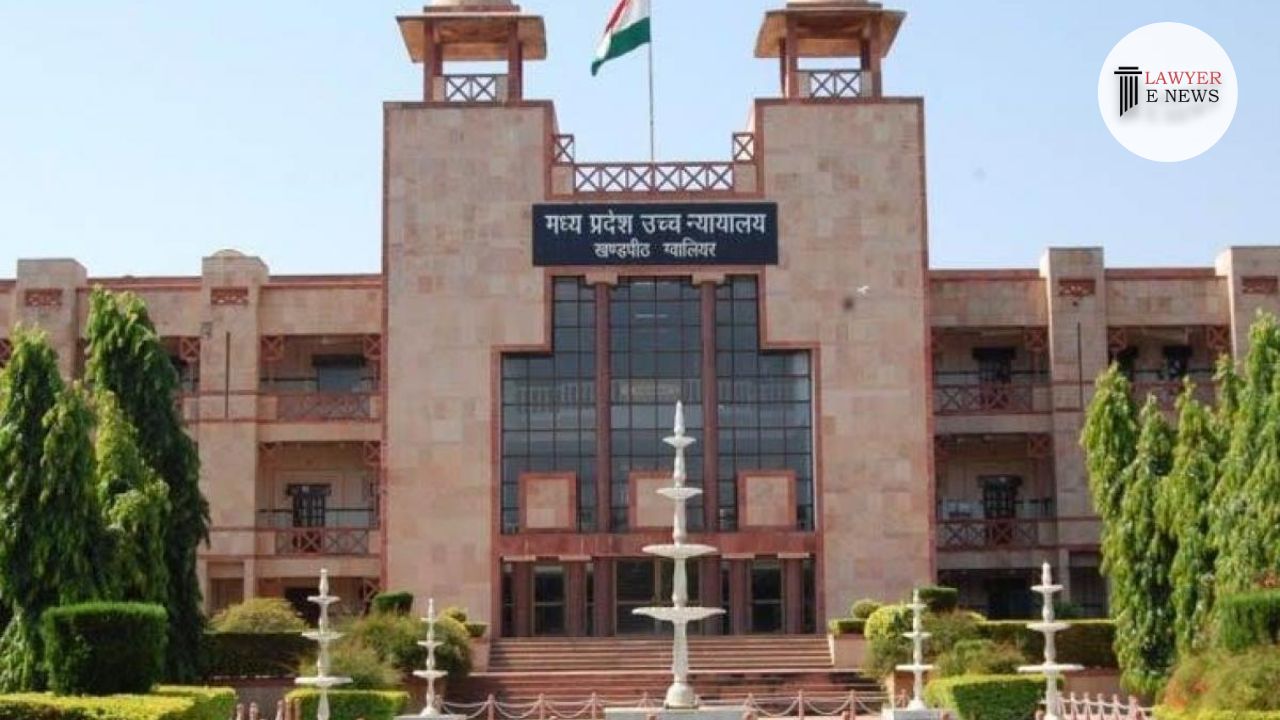-
by Admin
15 February 2026 5:35 AM



Madhya Pradesh High Court, in Bhersiya v. State of Madhya Pradesh (Criminal Appeal No. 187 of 2001), overturned the conviction of the appellant under Section 304 Part II of the Indian Penal Code (IPC) for culpable homicide not amounting to murder. The court held that the appellant acted within his right of private defense under Sections 96 and 97 of the IPC, acquitting him of all charges.
The case originated from an incident on December 22, 1999, when the appellant, Bhersiya, was involved in a scuffle with the deceased, Bhuchariya. The dispute arose over a money transaction after both had returned from selling pulses. Bhuchariya, who was intoxicated, attempted to snatch money from the appellant, leading to a violent confrontation. The appellant threw stones at Bhuchariya in self-defense, causing fatal injuries. The trial court convicted the appellant under Section 304 Part II of the IPC, sentencing him to 5 years of rigorous imprisonment.
The primary legal issue was whether the appellant’s act of throwing stones, which led to the death of the deceased, fell within the right of private defense, as provided under Sections 96 and 97 of the IPC. The appellant contended that he had no intention to kill and only acted to protect himself when the deceased, under the influence of alcohol, pursued him aggressively to snatch money.
The High Court critically analyzed the circumstances and observed that the appellant had attempted to flee the scene and only retaliated when pursued. The court highlighted that under the law, a person is not expected to weigh their defensive actions with "golden scales" when faced with an immediate threat.
The court recognized the appellant’s right of private defense, holding that his actions did not exceed the limits of such defense. Citing the testimony of Kasam (PW-9), the son of the deceased, the court noted that the deceased was intoxicated and initiated the physical altercation by attempting to snatch money from the appellant. The appellant, in response, acted to protect himself and his property by throwing stones when he was chased by the deceased.
“The appellant did not act disproportionately and was entitled to protect himself and his money under Sections 96 and 97 of IPC” (Para 30).
Kasam’s testimony, corroborated by the medical evidence, supported the appellant’s version of events. Kasam admitted that his father, while intoxicated, tried to forcibly take money from the appellant, prompting the appellant to flee, only to be chased. Other witnesses’ statements were reconsidered in light of the spontaneous nature of the incident, which the court found lacked premeditation.
The postmortem report confirmed that the fatal injury was caused by blunt force trauma to the head. Two stones were seized from the scene, but forensic analysis could not conclusively link the bloodstains to the deceased. Despite the serious injury, the court found that the appellant acted out of necessity to avert a threat to his safety and did not intend to cause death.
The court relied on previous judgments, including Rizan v. State of Chhattisgarh (2003) and State of M.P. v. Ramesh (2005), to underscore the principle that the right of private defense must be evaluated based on the immediate circumstances. It is not necessary for the accused to prove self-defense beyond a reasonable doubt, but only by a "preponderance of probabilities" (Para 23).
The Madhya Pradesh High Court set aside the conviction under Section 304 Part II of the IPC, acquitting the appellant of all charges. The court concluded that the appellant’s actions were justified under the right of private defense, and he did not exceed the bounds of this right. His bail bonds were discharged, and the judgment was sent to the trial court for compliance.
Date of Decision: September 13, 2024
Bhersiya v. State of Madhya Pradesh
